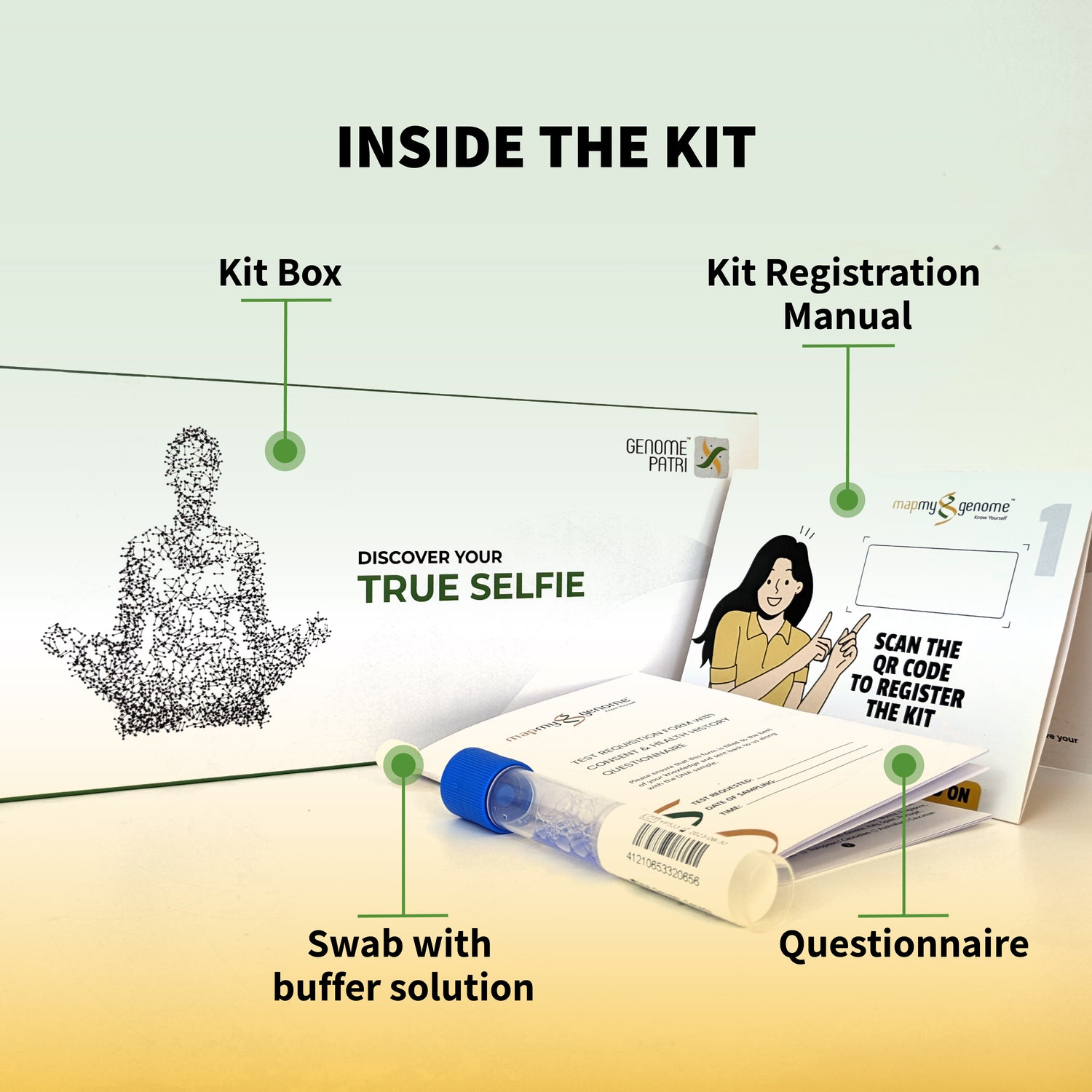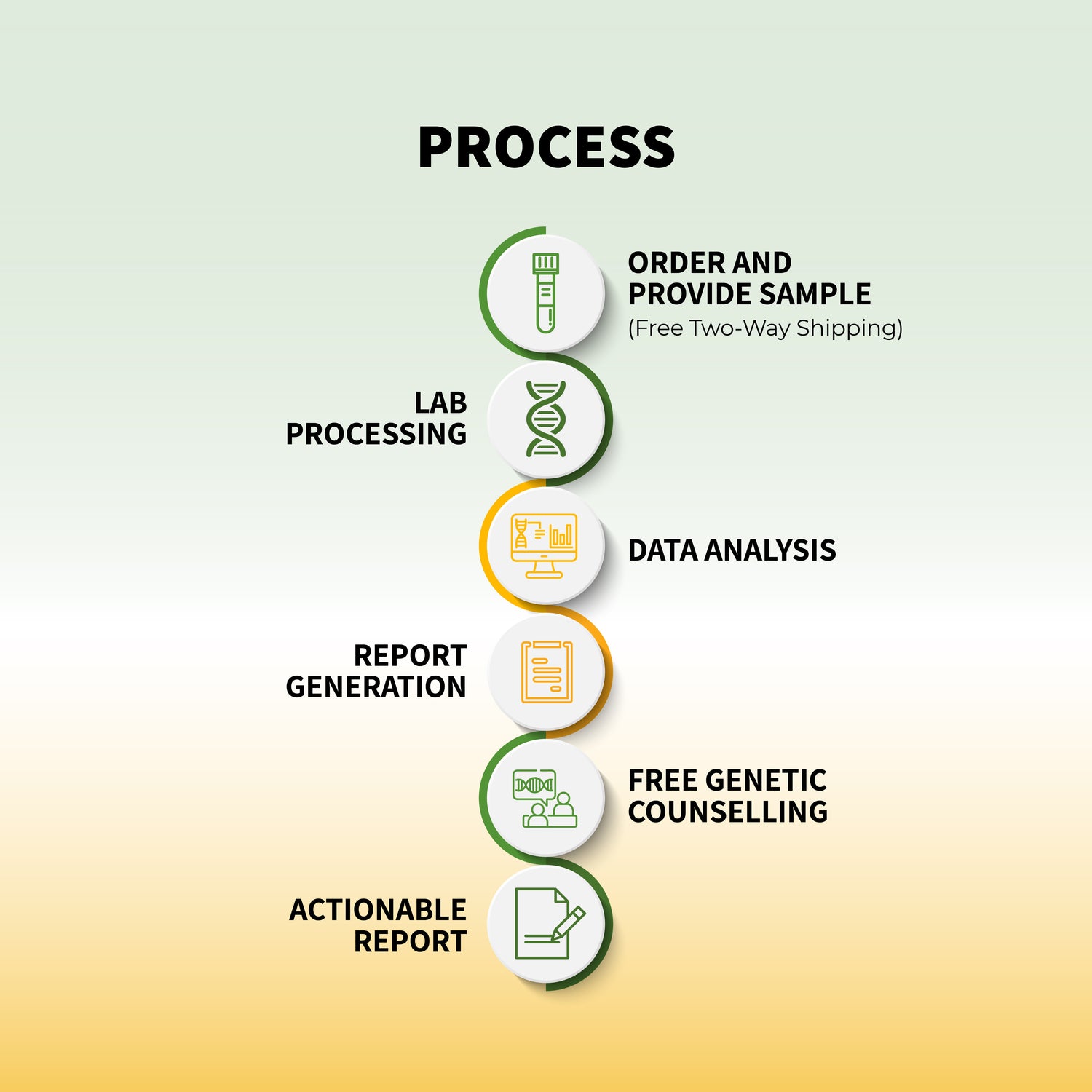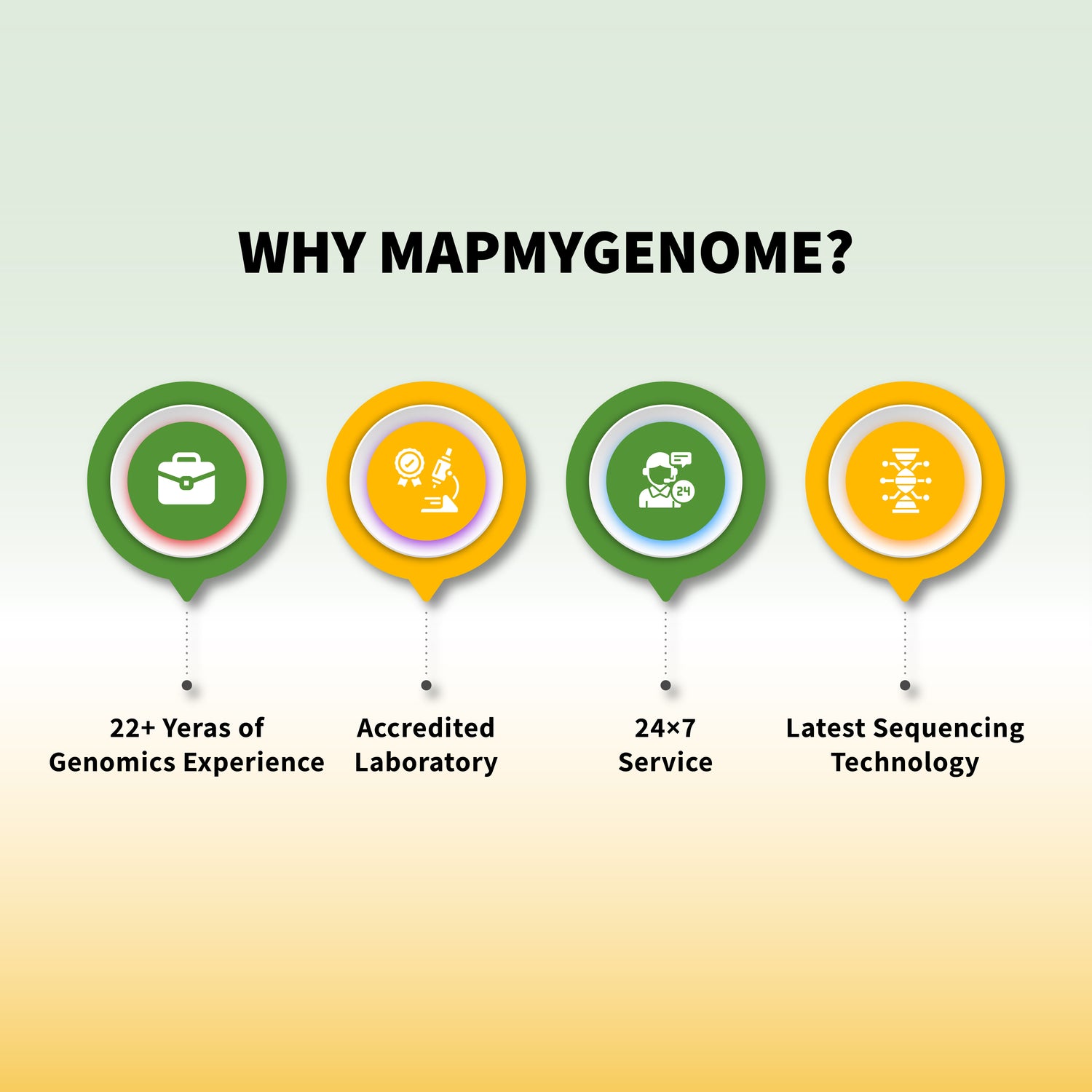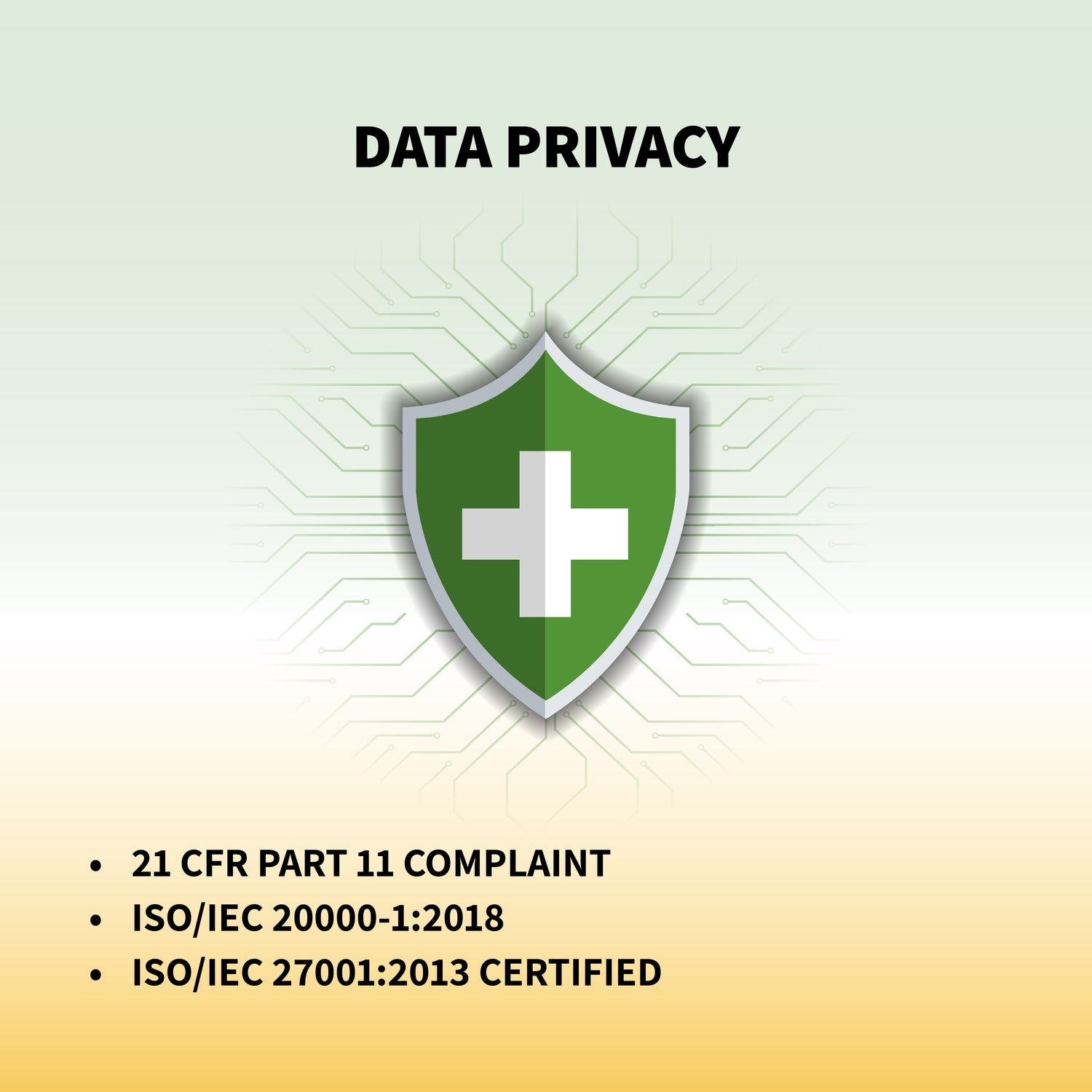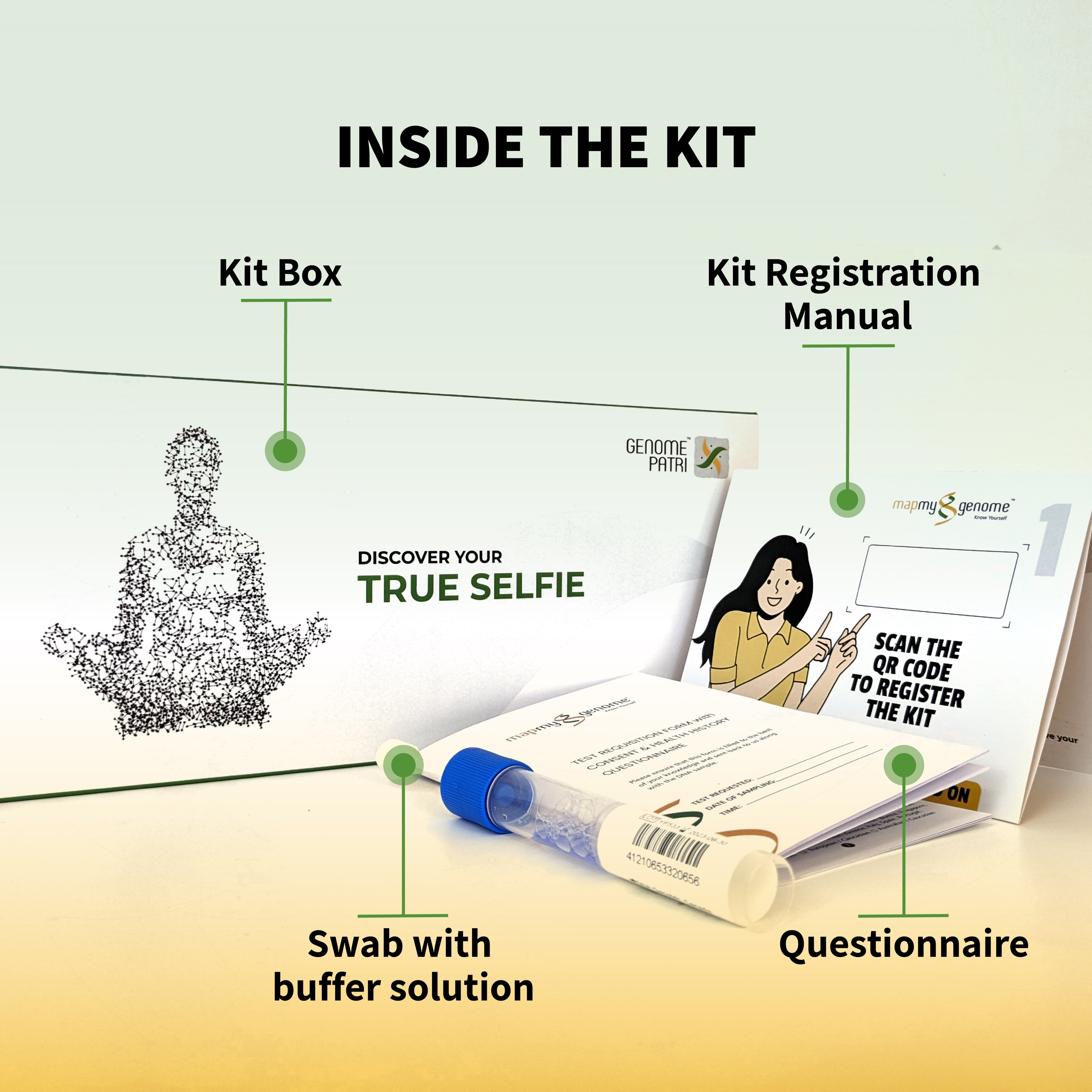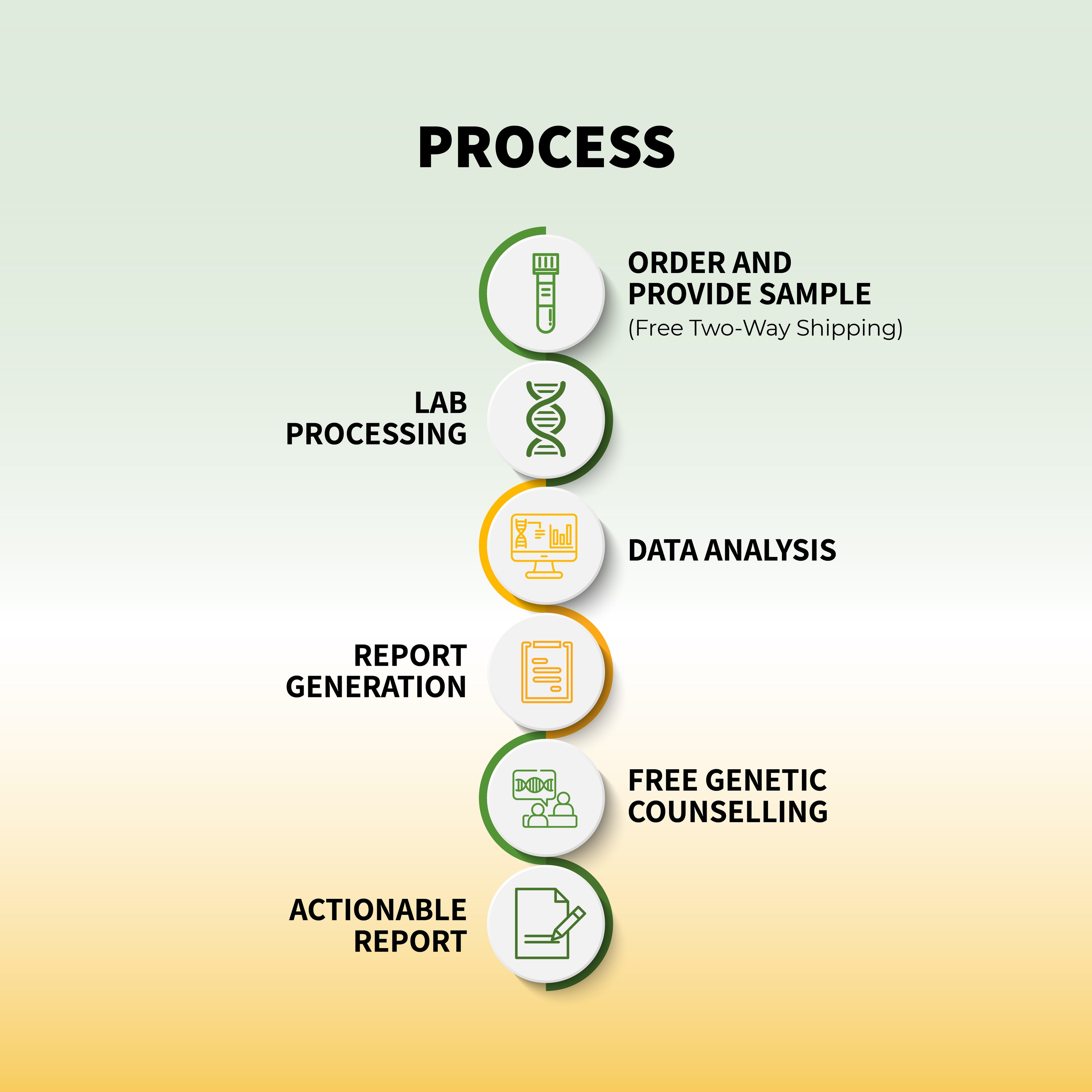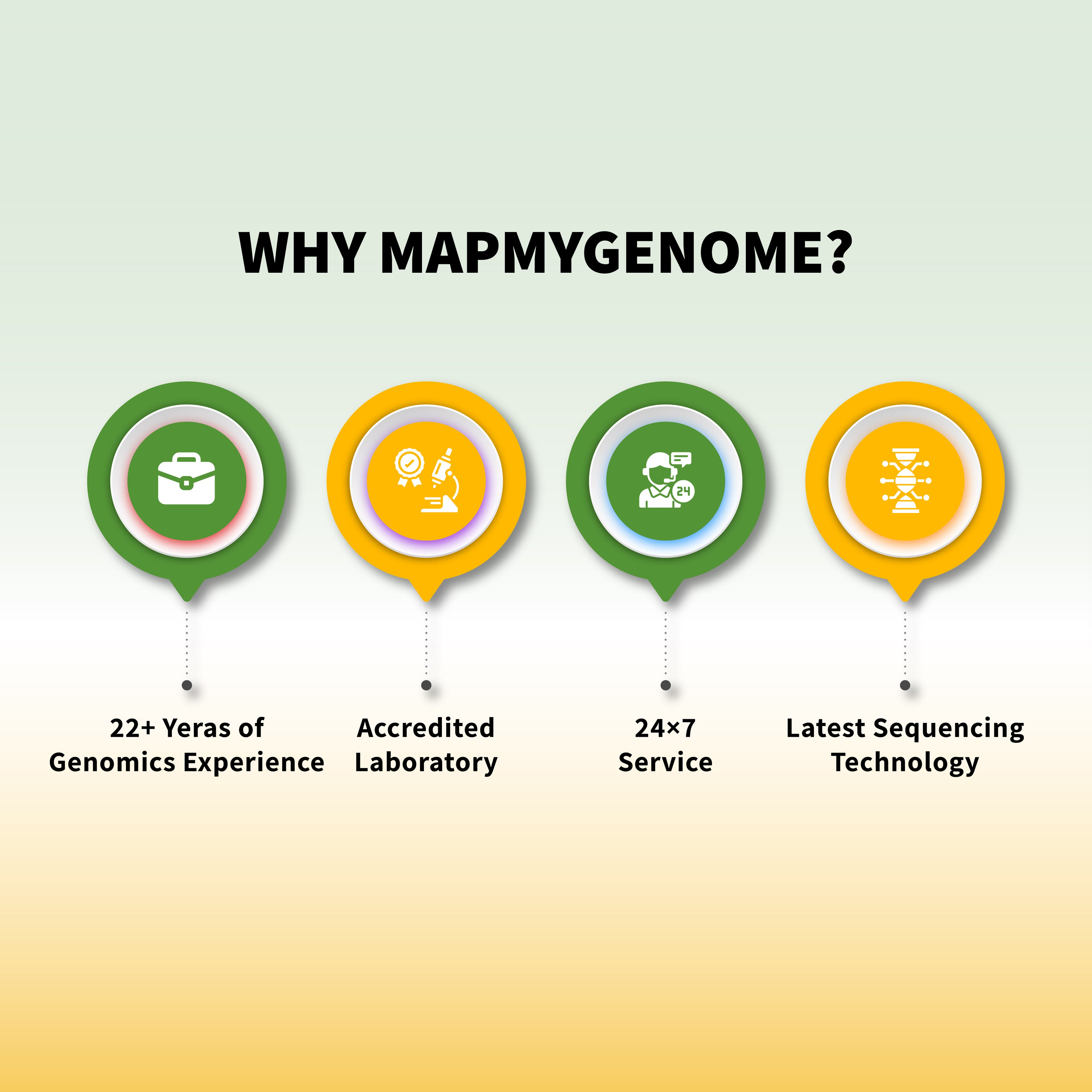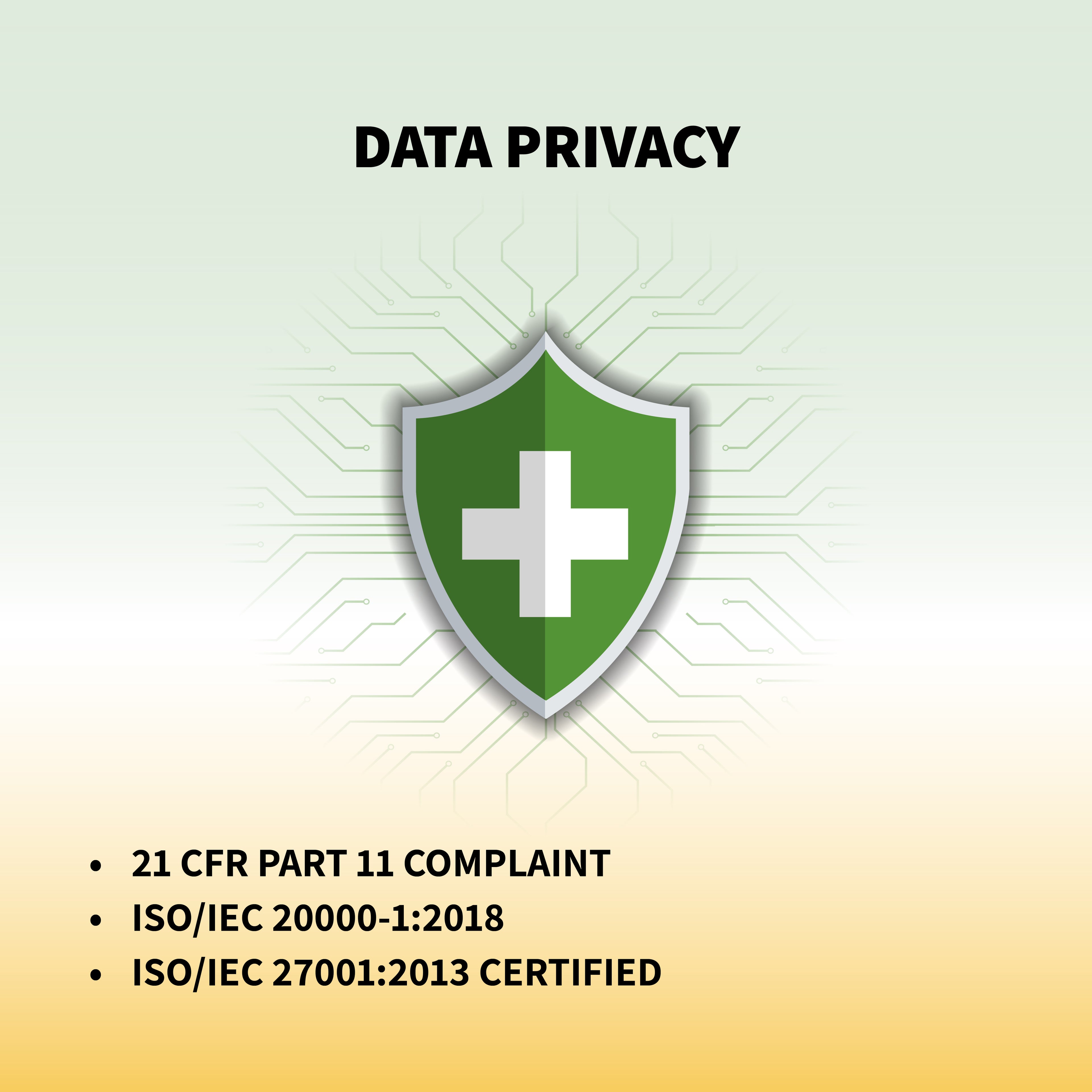A New Era in Cancer Care
Cancer is one of the biggest health challenges in India and around the world. From delayed diagnosis to limited access to personalized treatment, the journey can be overwhelming. But here's the game-changer: Artificial Intelligence (AI).
AI is not science fiction anymore—it's transforming how doctors detect, diagnose, and treat cancer. With powerful algorithms and machine learning models, AI is speeding up diagnosis, improving accuracy, and even helping design tailored treatment plans.
In this blog, we break down how AI is reshaping cancer care, especially in India, and what it means for patients and healthcare providers.
What is AI in Cancer Diagnosis and Treatment?
Artificial Intelligence in healthcare uses advanced algorithms to mimic human thinking and decision-making. In cancer care, it helps with:
-
Reading medical images like X-rays and MRIs
-
Predicting risk factors using genetic data
-
Creating personalized treatment plans
-
Monitoring treatment outcomes in real-time
By analyzing massive amounts of data—faster and more accurately than a human—AI is helping doctors detect cancer at early stages and reduce treatment errors.
AI in Cancer Diagnosis: Speed + Precision
Early and accurate diagnosis is the key to saving lives in cancer care. Here’s how AI is improving this step:
1. Medical Imaging Interpretation
Tools powered by AI can analyze CT scans, mammograms, MRIs, and pathology slides with incredible accuracy.
-
AI algorithms detect tiny tumors or abnormalities that the human eye might miss.
-
In breast cancer diagnosis, AI has shown accuracy levels close to or better than radiologists.
2. Genomic Data Analysis
Cancer is often linked to changes in our DNA. AI can sift through a person’s genetic and molecular data to identify cancer-causing mutations.
-
Platforms like IBM Watson and Google Health are already integrating AI for genetic testing and cancer mutation tracking.
-
This helps in predicting cancer risk and choosing targeted therapies.
3. Real-World Example from India
A Bengaluru-based startup developed an AI tool that can detect oral cancer early by analyzing photographs of the mouth taken by a smartphone. This is a breakthrough for rural and underserved populations.
AI in Personalized Cancer Treatment
Once cancer is diagnosed, choosing the right treatment is crucial. AI steps in to support doctors in customizing therapy based on:
-
Type and stage of cancer
-
Genetic profile of the patient
-
Previous treatment responses
1. AI-Powered Decision Support Systems
AI tools give oncologists evidence-based recommendations by analyzing global research, clinical trials, and patient data.
For example:
-
AI can suggest if immunotherapy or targeted drugs will be more effective.
-
It helps avoid trial-and-error in treatment selection.
2. Predicting Treatment Outcomes
AI can simulate how a patient might respond to chemotherapy or radiation. This reduces unnecessary side effects and improves recovery time.
AI and Cancer Care in India: Current Trends
India is fast adopting AI in healthcare, especially in oncology. Here’s how:
1. Affordable AI Diagnostics
Startups are creating low-cost AI diagnostic tools to make cancer detection accessible in Tier 2 and Tier 3 cities.
Example: Niramai (Bangalore-based) developed a non-invasive breast cancer screening using thermal imaging and AI.
2. Collaboration with Hospitals
AI-driven platforms like IBM Watson for Oncology are being used in major Indian hospitals like Tata Memorial, Apollo Hospitals, and AIIMS to enhance cancer care.
3. Government & AI Initiatives
India’s National Digital Health Mission (NDHM) is focusing on integrating AI and data-driven solutions for early disease diagnosis, including cancer.
Benefits of Using AI in Cancer Care
| Benefits | Impact |
|---|---|
| Faster diagnosis | Reduces delay in treatment |
| Improved accuracy | Minimizes misdiagnosis |
| Personalized treatment plans | Boosts treatment effectiveness |
| Lower cost for rural patients | Expands access to healthcare |
| Predictive analysis | Helps in preventive care and cancer risk prediction |
Challenges and Limitations
While AI is promising, it’s not a magic bullet. Some challenges include:
-
Lack of high-quality patient data in India for training AI algorithms
-
Limited infrastructure in rural hospitals
-
Ethical concerns over data privacy and AI-based decisions
-
Dependence on expert validation—AI must support, not replace doctors
The Future of AI in Oncology
In the next 5-10 years, AI is expected to play an even bigger role in:
-
Real-time monitoring of patient vitals and treatment response
-
AI-assisted robotic surgeries
-
AI chatbots for patient support and mental health
-
Global collaboration on cancer research using AI datasets
Who Should Care About AI in Cancer?
-
Patients and caregivers looking for early detection and smarter treatment
-
Healthcare providers who want to enhance their diagnostic tools
-
Policy makers planning digital health infrastructure
-
Startups and researchers working on healthtech innovation
FAQ: The Role of AI in Cancer Diagnosis and Treatment
Q1: Is AI accurate in diagnosing cancer?
Yes, many AI systems have shown comparable or higher accuracy than doctors in detecting cancers like breast, skin, and lung cancer from imaging scans.
Q2: Can AI replace doctors in cancer treatment?
No. AI is designed to assist doctors, not replace them. It provides data-driven insights, but final decisions are made by healthcare professionals.
Q3: How is AI used in cancer treatment in India?
India is using AI in screening programs, imaging, treatment planning, and even mobile apps for rural cancer detection. Startups are playing a big role in this.
Q4: What is the cost of AI-based cancer treatment in India?
AI-based tools help reduce overall treatment costs by improving early detection and avoiding ineffective treatments. However, costs vary depending on the hospital and technology used.
Final Thoughts: AI is Here to Help, Not Replace
AI in cancer care is not about replacing doctors—it’s about empowering them with better tools. From early detection to custom treatment plans, AI has the potential to save lives, especially in countries like India where resources are stretched.
As AI continues to evolve, its integration with genomics, telemedicine, and cloud data will make cancer care more accurate, more affordable, and more accessible than ever before.




